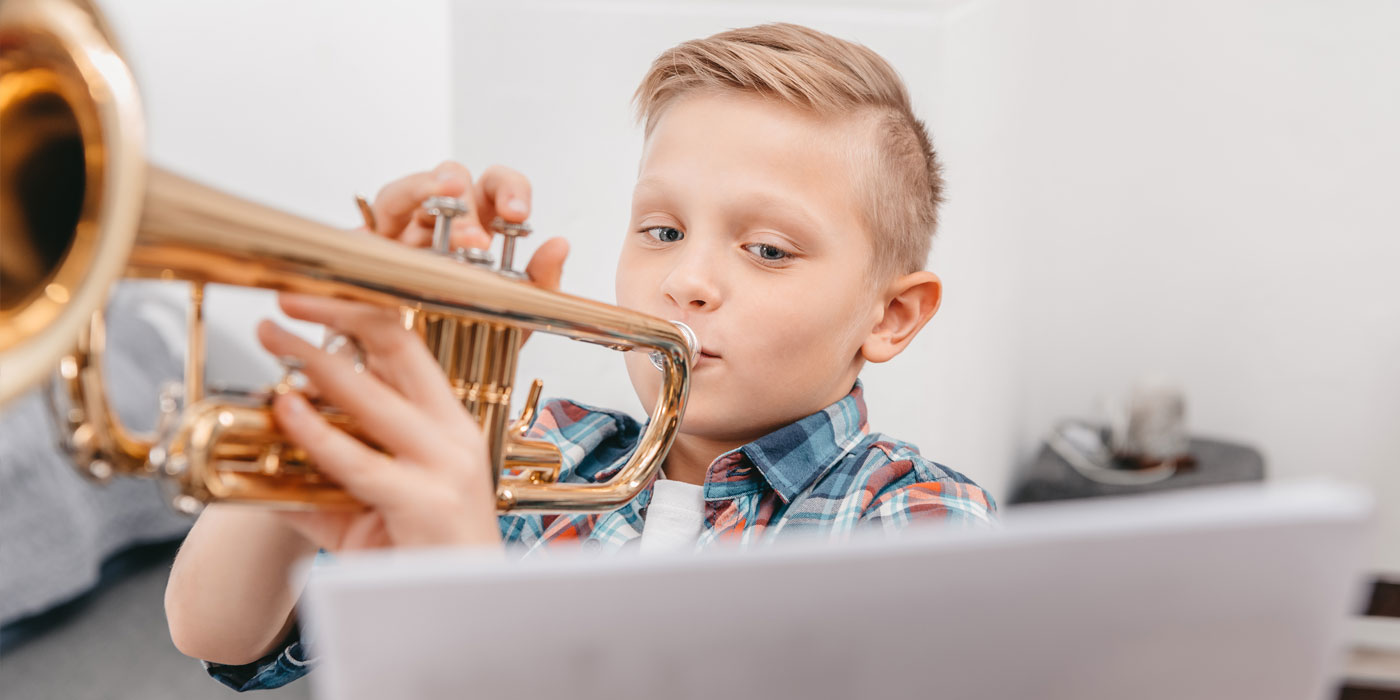
Dear Students,
Any movement you take towards discipline and personal growth is fantastic (particularly since none of this is graded or evaluated in any way). That said, I am here—here to watch and evaluate that practice video, listen to you play scales, hear your progress on an etude. It would make my day to receive a theory assignment you need help with, or a video you’d like me to offer suggestions to help you. I still want the opportunity to teach you.
You are allowed to be a little angry, a little stressed, a little frustrated. I am too! Just don’t allow those emotions to control you. Do your best to stay centered and calm. So, as we deal specifically with music now, here are some ways you can grow:
General Tips
Before we deal with specific ideas, do not forget these things:
- Practice with a purpose. Have a goal, and do your best to stay fully focused during that time (set the phone aside).
- Breathing gym. Learn the art of the breath. Be still, and… exhale. Let your body relax as you release the full amount of air (and stress) from your body. Practice filling up your lungs with a deep, full, relaxed breath. Do not underestimate the importance of air to improve your intonation, enhance your phrasing, and round out your tone.
- Listen. Outside of the obvious artists and recordings I could suggest, many fantastic groups (like the Berlin Philharmonic and Metropolitan Opera) are opening up FREE opportunities to listen to true Masterworks during this time. This has never been the case before, and we may never see it again!
Music Theory
Music Theory is the subject everyone says they want to learn, but don’t always take enough time to actually do!
- General music theory books can be purchased through many online sources. Many have complimentary CDs or other online resources to help guide you through your study.
- An excellent online resource is musictheory.net – The site features a wide amount of free exercises and lessons to help with your knowledge.
Music History
Instead of trying trace through and understand 1,000 of years of music history from all around the globe, try to focus on one thing:
- Write a biography. Listen to, study, and learn about one of your music heroes. We have never had more access to the past. Outside of books, there are many excellent resources on YouTube and with documentaries/movies about historically significant artists.
- Study a Specific Era. Find an era of music history that you enjoy, and focus on that. Whether it is the Baroque Period, the British Invasion, the Romantic Era, or Disco, you can learn about the major players and qualities of that music specifically. Listen to the type of music you aspire to play! Want to be in an orchestra? Want to get into jazz? Emphasize those genres in your listening.
- Learn the History of Instruments. It is fascinating to learn about the history of an instrument…might I suggest the one you play?? When was it built? What did it sound like at first?
- Study Instrumentation. On the note of instruments (we are heading a bit towards music composition here), it can be fascinating to learn about what instruments were used during different eras, and why they were used during that time. Back to the era discussion a bit, instrumentation plays an enormous role in your enjoyment of particular eras.
- Masterworks. Gershwin’s “Rhapsody in Blue,” Berlioz’s “Symphonie Fantastique,” Beethoven’s 9th, Dvorak’s “New World Symphony,” Mozart’s “Requiem,” Mahler’s 5th, Holst’s “Planets,” Bach’s “Toccata and Fugue in D Minor,” and the list goes on and on. As a musician, there is an expectation that you are familiar with many of these. What a great time to check a few out! These are some of the greatest musical works of all time. They deserve a listen.
Art
Music is an art form. Your enjoyment of music can be enhanced by experiencing other art forms, too.
- Dance. It’s important to incorporate movement and physical exercise into your new home routine. Why not do it in an artistic way?
- Paint, Sketch, or Draw. Get a sketchbook and some colored pencils and create something new. Take time for yourself. You can go online and find lots of lessons to help with any of these things: Painting, watercolor, chalk, etc.
- Read. Students might ask, “Why would I do that to myself, Mr. Bahr?!” Well, because literature can help broaden your worldview and increase your level of awareness in so many things—including yourself. Do you have a favorite author? A favorite poet?
Additional Ideas
- Practice, Practice, Practice. If you’re at home with extra time on your hands, why not spend extra time practicing? SmartMusic is offering free access to their entire library for teachers and students who are relying on remote instruction. Explore new repertoire, play along, and challenge yourself! The site will give you immediate feedback. Additionally, YouTube is a great resource to learn fun new riffs and is a great resource for discovering new repertoire.
- Listen, listen, listen. Get some new favorites, and then try to play like them. I know I’m a broken record…but, in music, you are who you listen to. Like I said at the top of this, there are major performance companies offering live streaming, or releasing past performances for free right now. Check it out!
- Transcribe a song or a solo. This goes hand-in-hand with listening. Why not develop your ear while you’re at it? Dig in and try to write something down. It’s fun!
Lastly, and most importantly, know that your teachers care about you. You are missed, and we all look forward to seeing you in person the next time we can make music together.
—Mr. Bahr
